Op-Ed: ‘Put some respect on it’ – H&M misses the mark with new hoodie
H&M, 2018 has barely started, and y’all are already trying us. On Jan. 8, a photo of a black boy modeling a hoodie with the words “Coolest Monkey in the Jungle” appeared on H&M’s website.
The other young models for the collection were white, and the choice to put the black boy in the monkey sweater is evocative of slavery and the “monkey” nickname given to black people at this time.
I have seen many comments from people talking about how they thought the hoodie was innocent and that H&M is being wrongfully accused of racism with its production. To a certain extent, this is a valid point. Truthfully, if the context were different, I would see no problem with this green monkey sweater. It’s the context of the situation that makes it worse than it needed to be.
The comparison between black people and simians dates back to slavery, when white people thought of them to be more ape-like than human. Because of our features, white people thought we resembled monkeys and would use that as a way to dehumanize us — as if slavery wasn’t enough.
Even after slavery was abolished with the 13th amendment, the racist slander continues. Cartoons represent black people as disturbingly similar to monkeys, black athletes have been called the name by opponents whom they upset, and the term “jungle fever” evolved from it — used to describe a white person’s physical attraction to black people.
Given the history behind the black person-monkey comparison, it was extremely disrespectful for H&M to have this young boy model that sweater. It’s 2018, and as a major business, H&M should know better than to think that consumers would let this slide. There are far too many people who saw this design and approved of it before it was executed — from the people on the design team, to the manager, to the photographer, to the stylist, to the model, to his parents, to the makeup artist, to the hairstylist and the list goes on. At least one of them should have seen it and said, “Hey, you know what? I think we ought to pass on this one.”
Many celebrities have taken to social media to express their disgust with the company and loss of interest in giving them business. Music artists The Weeknd and G-Eazy have decided to cancel their partnerships that they previously had with the store. Basketball star LeBron James took to Instagram to post an edited version of the H&M ad that called the boy the “King of the World”.
Rap mogul Diddy posted a similar photo with the words “Coolest King in the World” on the hoodie with the caption, “Put some respect on it!! When you look at us make sure you see royalty and supernatural God sent glory!! Anything else is disrespectful.”
It’s so important that celebrities with large platforms such as these let their stance be known on such controversial topics. They have a better chance of changing the mindset of their fans who look up to them. When they stand up for what’s right, it encourages all who are viewing to do the same.
H&M has since apologized and removed the sweatshirt from the website, which is nice of them, but the damage is already done. To say that they got this wrong is just not enough. This is evidence that there is not enough diversity within these companies. There needs to not only be more people of color in corporate meetings, but people with common sense and good hearts, too.
And for all readers, who are interested in becoming business owners in the future, remember this: you will never appeal to everyone in the world if everybody in your room looks the same.

Kamryn Bellamy joined the Oracle staff in 2017. She was inspired to join the Oracle after she discovered a love for writing in her junior year. She is...





![Freshman Milan Earl and sophomore Lucy Kaplan sit with their grandparents at Archer’s annual Grandparents and Special Friends Day Friday, March 15. The event took place over three 75-minute sessions. “[I hope my grandparents] gain an understanding about what I do, Kaplan said, because I know they ask a lot of questions and can sort of see what I do in school and what the experience is like to be here.](https://archeroracle.org/wp-content/uploads/2024/03/grandparents-day-option-2-1200x800.jpg)













































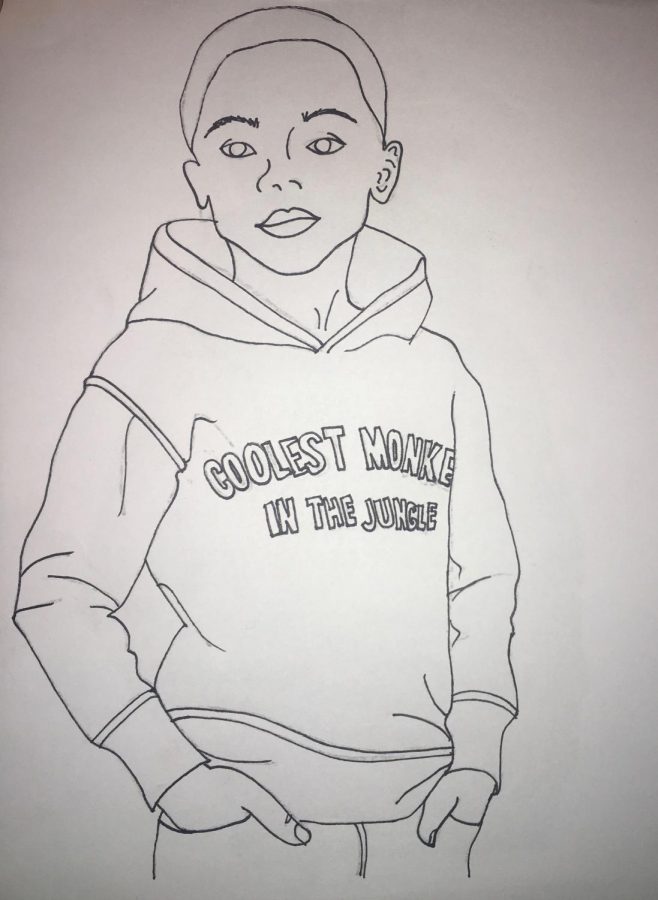
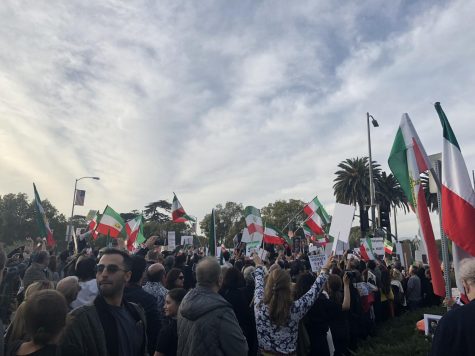
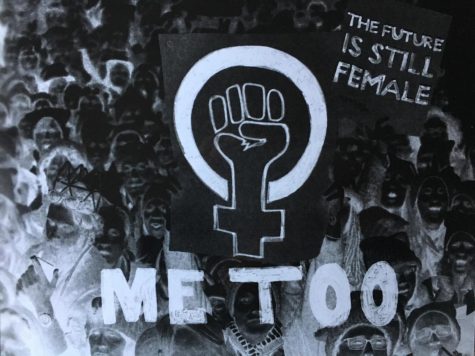

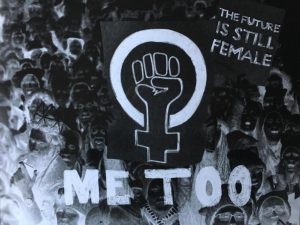





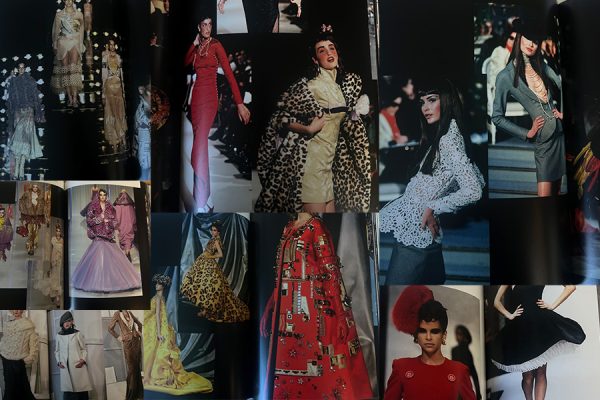
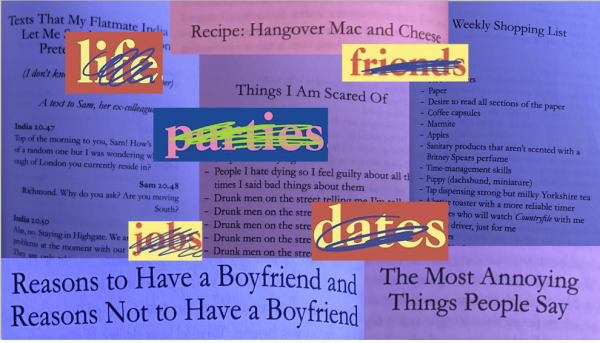
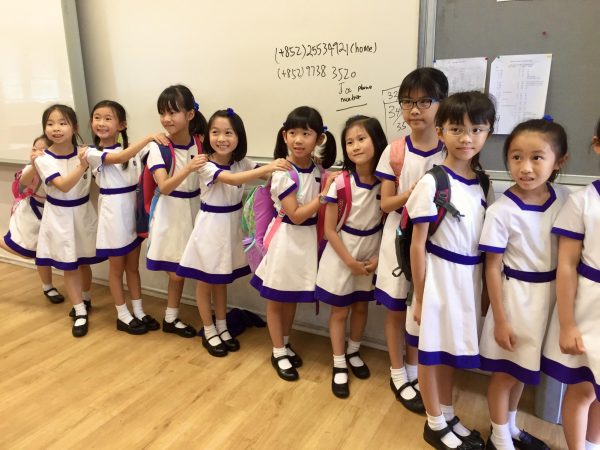
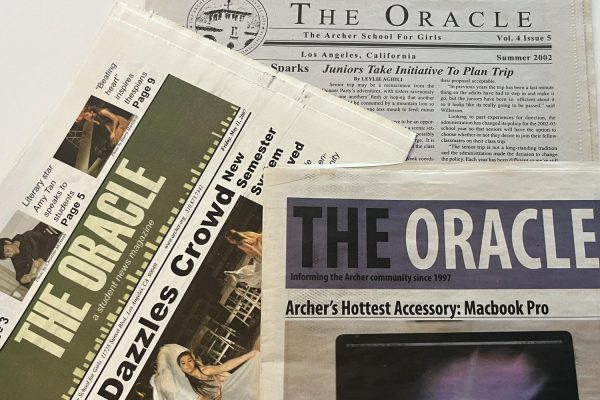
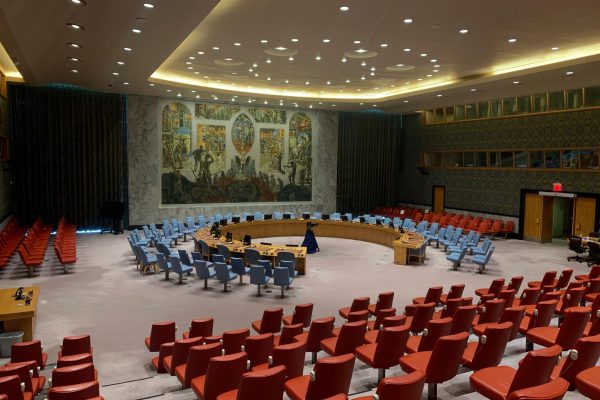


Jen Dohr • Feb 11, 2018 at 7:15 pm
Well said, Kamryn. I hope you’ll send this piece to H&M!
Joyce • Feb 8, 2018 at 4:11 pm
Big fan of your work. Great article thank you for bringing this issue to The Oracle.